
10 June 2022
A foresight project that generates a public debate across the EU. Focuses primarily but not exclusively on the democratic security perspective and it is empowering the voices of civil society influencers from CEE in the ongoing Conference on the Future of Europe.
Together with partners across the EU Visegrad Insight is generating foresight that maps out Central European voices in the ongoing debate about the future of Europe. The project challenges an image of recalcitrance and limited input associated with the CEE region, by elaborating on structured scenarios and actionable recommendations proposals for Europe.
It is carried out through a series of extensive workshops, consultations and scenario-building for the future of Europe from the perspective of civil society stakeholders and an ambitious public debate disseminating the findings. By means of extensive discussions and broad inquiry, it gives voice to actors that may not be heard through conventional and state-led channels of consultation.
The project is carried out in partnership with the Bratislava Policy Institute (Slovakia), Euro Créative (France), European Forum Alpbach (Austria), Fondazione Di Vagno (Italy), Forum2000 (Czechia) and Open Lithuania Foundation (Lithuania). It is co-funded by the European Commission’s Europe for Citizens Programme.

Together with experts and policy-makers – Zsuzsanna Szelényi (former Hungarian MP, Central European University), Pawel Zerka (European Council on Foreign Relations, France), Romain Le Quiniou (Euro Créative, France) – we have brought in the Central and Eastern European perspective for the future of European project. In the discussion we put forward proposals on how to redefine and build Europe’s strategic autonomy and put democratic security first.
Video from the debate:

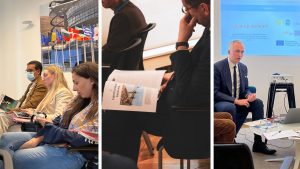

The events in Paris also included a number of briefings, i.e. briefing for Members of Parliament hosted by Mr. Frédéric Petit, MP, and with the Central Europe’s representatives to OECD.
Altogether our events gathered 50 citizens from 9 countries of the EU (26 from France, 6 from Hungary, 3 from Poland and Romania, 2 from Slovakia, 1 from Latvia, Lithuania, Denmark and Portugal) and 6 persons from the non-EU countries.
On 15 September 2022, Visegrad Insight held its opened its two-day Conference to discuss our latest foresight report outlining four scenarios on the war and the Future of Europe. The first session was live-streamed on Facebook. The panel was opened with a presentation by the editor-in-chief and author of the report, Wojciech Przybylski, which then led to a panel discussion with Małgorzata Kopka-Piątek (Institute of Public Affairs, Poland), Philipp Fritz (WELT, Germany), Romain Le Quiniou (Euro Créative, France) and Oksana Forostyna (Visegrad Insight Marcin Król Fellow and Europe’s Futures Fellow IWM/ERSTE Foundation, Ukraine).
Then a discussion chaired by Marcin Zaborowski (Senior Fellow at Visegrad Insight) and members of the Polish opposition, Michał Szczerba (MP, Civic Coalition) and Michał Marcinkiewicz (Campus Polska, Former Member of the Sejm of the Republic of Poland), were briefed on the report giving thoughts and opinions on the scenarios.
Afterwards, a meeting was held in the Sejm with a member of the ruling party MP Kacper Płażyński (PiS, Head of the Political Sub-Committee on the Conference on the Future of Europe), on the report and what is the government’s strategy toward the region and the wider world.
On the second day of the Conference, 16 September 2022, Visegrad Insight held a meeting with the diplomatic community in Warsaw, briefing them about the report and scenarios.
After that we held a closed-door part of the event with Visegrad Insight fellows. Topics discussed were Ukraine’s perspective regarding Europe and the War in Ukraine and the future of the rule of law in the EU.
Altogether, the conference in Warsaw gathered 95 citizens from 15 countries of the EU (50 from Poland, 6 from Germany and from Hungary, 5 from Romania and from France, 3 from Czech Republic, 2 from Slovakia, 1 from Latvia, Lithuania, Ireland, Italy, Sweden, Austria, Finland, and Croatia) and 10 persons from the non-EU countries.
As part of the programme of the European Alpbach Forum 2022, we have held an event devoted to the report and the scenarios for the Future of Europe. The presentation of the report by Wojciech Przybylski, the editor-in-chief of Visegrad Insight, was proceeded by the keynote speech and a Q&A session with Miroslav Lajčák, the EU Special Representative for the Belgrade-Pristina Dialogue and other Western Balkan regional issues, and the former Minister of Foreign Affairs of Slovakia.
The meeting at the beautiful setting of the Austrian Alps brought together 38 participants from different EU countries to discuss further the scenarios for Europe and offer actionable recommendations for policy-makers.
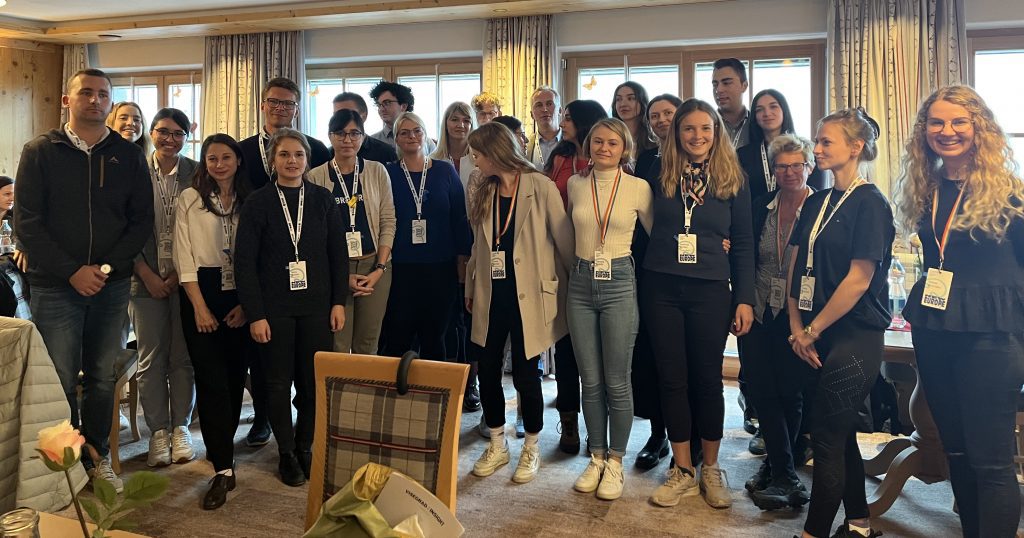
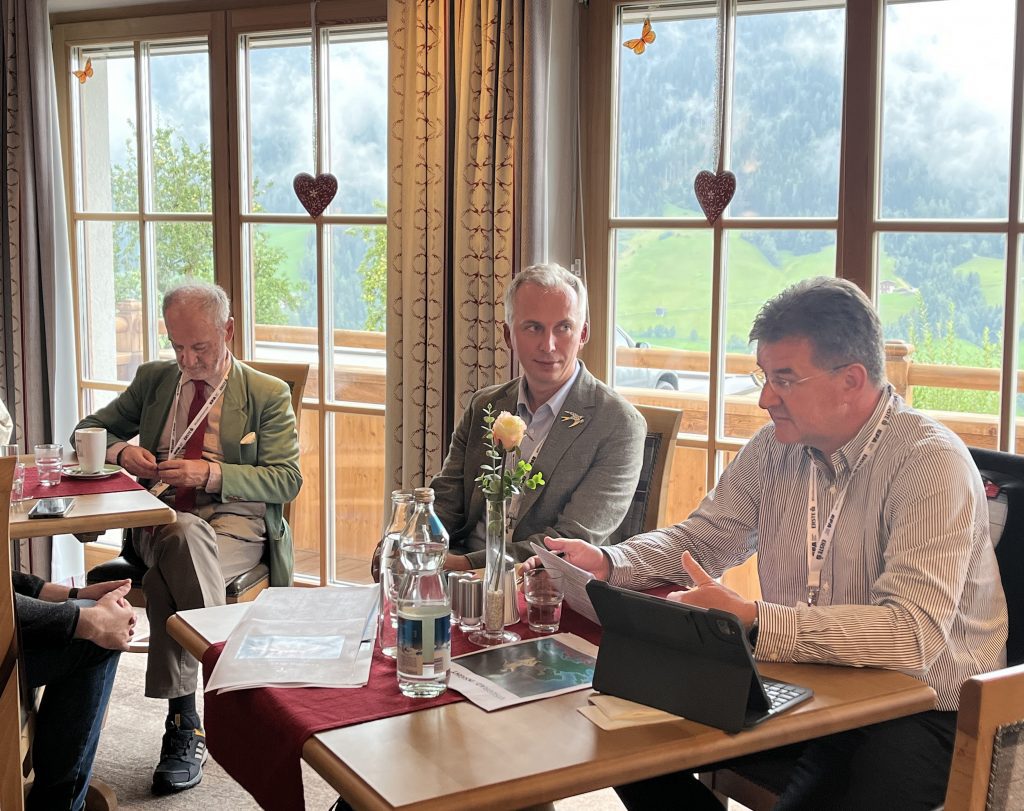
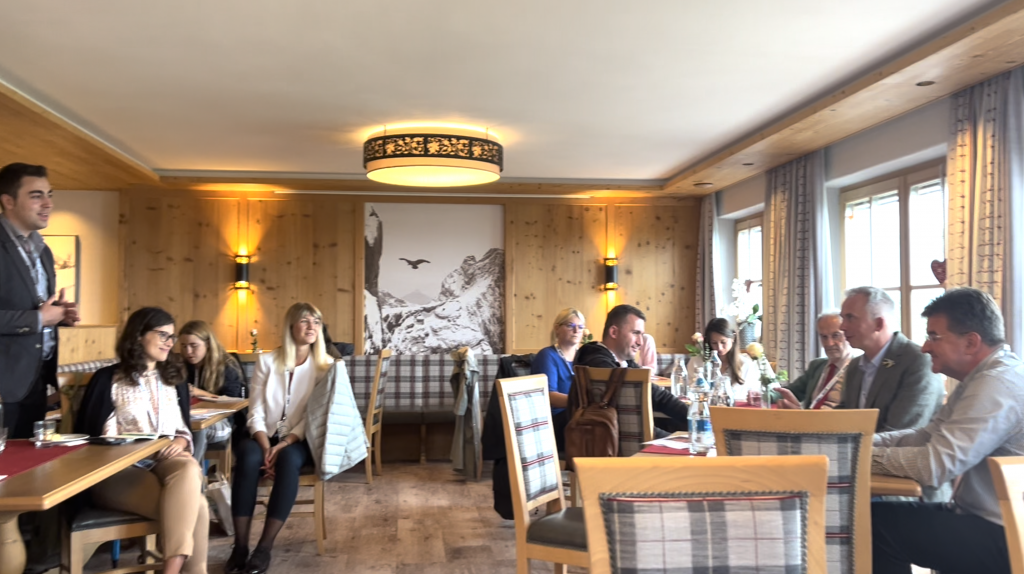
Altogether, the event at Alpbach gathered 38 persons, mostly youth, from 8 countries of the EU (14 from Austria, 6 from Poland, 2 from Romania, from Slovakia and from Slovenia, 1 from Lithuania, Greece, and Denmark) and 9 persons from the non-EU countries.
Our special foresight event has reflected on the report from the Conference on the Future of Europe (CoFoE) one month after its publication from the CEE perspective.
We have also exchanged views and friendly critics on the possible scenarios for the future of the EU that are the outcomes of this foresight. The finalised report with the scenarios and policy recommendations will be published in early September 2022.
The event has brought together 54 participants from 6 countries, including 40 persons Brussels-based, 5 participants from Poland, ad 4 from Czech Republic, 2 from Austria and 2 from Germany, and 1 from Hungary).
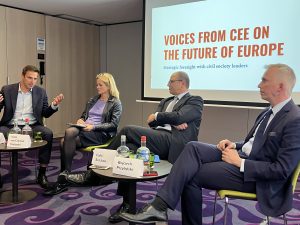
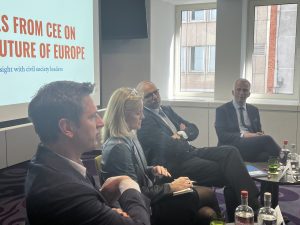
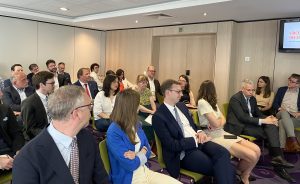
7-8 December 2021 & 14 January 2022 – online interactive foresight conference
The event(s) was part of a broader effort to produce a shadow report to the Conference on the Future of Europe and shape the public debates following that work. The programme of the event involved several simultaneous sessions to map out CEE voices on democratic security. We have gathered participants on 2 lengthy sessions in December and later in January for a productive 1-day long online scenario-building exercise beginning with a kick-off speech delivered by our special guest Ulrike Guérot – a political thinker with a focus on European affairs, political theory and the future of democracy. The rest of the agenda included group engagement to map out scenarios for Europe, as seen from the CEE, and produce structured recommendations.
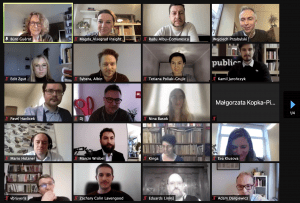
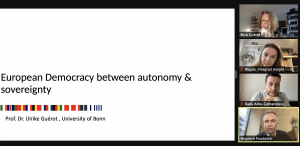
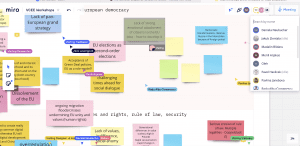
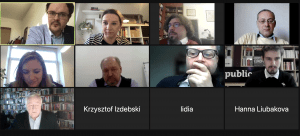
The online foresight conference gathered altogether 147 participants from 17 countries of the EU (45 from Poland, 20 from Czech Republic, 12 from Hungary, 10 from Romania, 6 from Germany and Latvia, 5 from Slovakia and from Lithuania, 4 from Italy, 3 from Austria and Croatia, and 2 from each of countries: Estonia, France, Slovenia, Belgium, Bulgaria, and the Netherlands). We also hosted 16 participants from non-EU countries.
Together with 28 participants from 9 countries (List of Participants in Prague), including: 14 from Czech Republic, 4 from Poland, 2 from each Ukraine, Slovakia and Austria, and 1 from each Belgium, France, Romania and Hungary, we have moved on to determine new potential scenarios and discuss policy solutions by means of backcasting. Next to the scenarios developed in the earlier session, we have determined nearly 8 potential new ones that would be later reviewed during online interactive workshops with a broad base of civil society influencers, primarily from CEE.
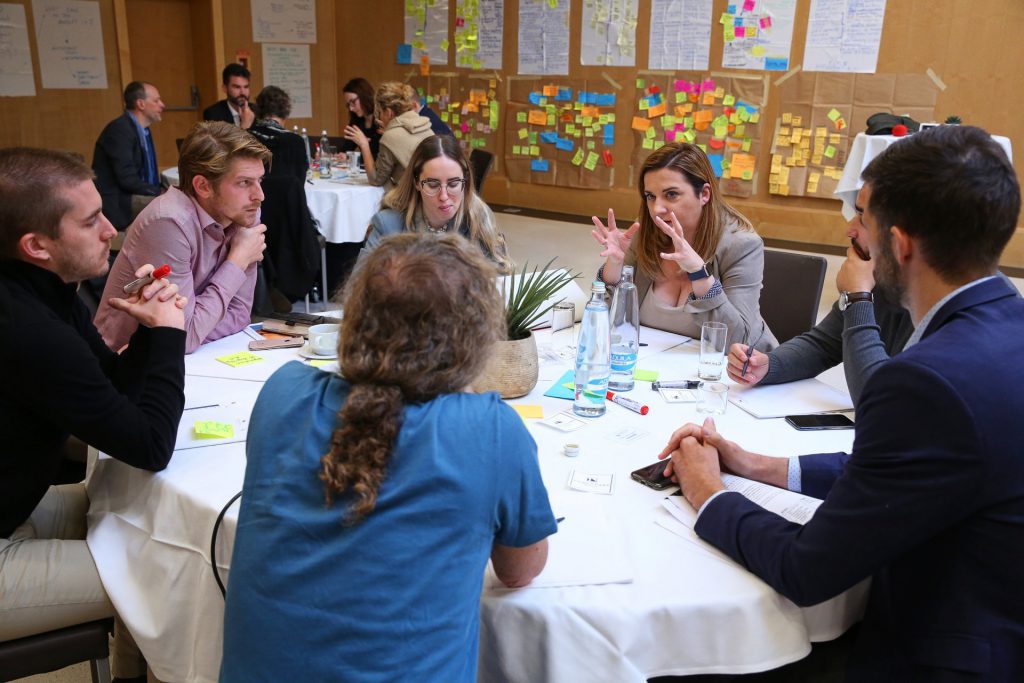
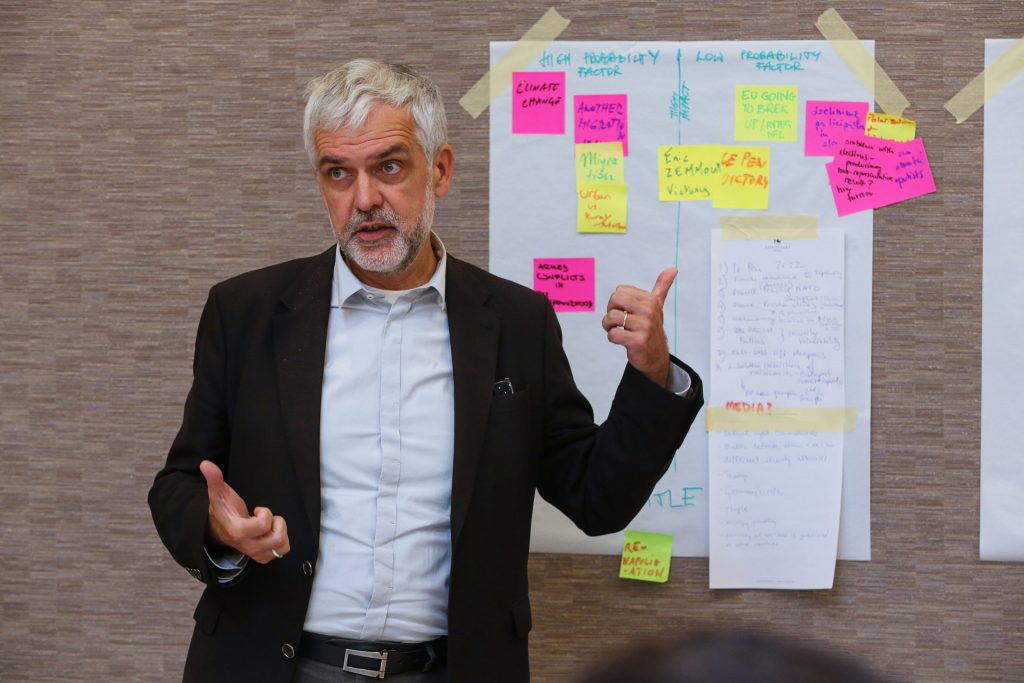
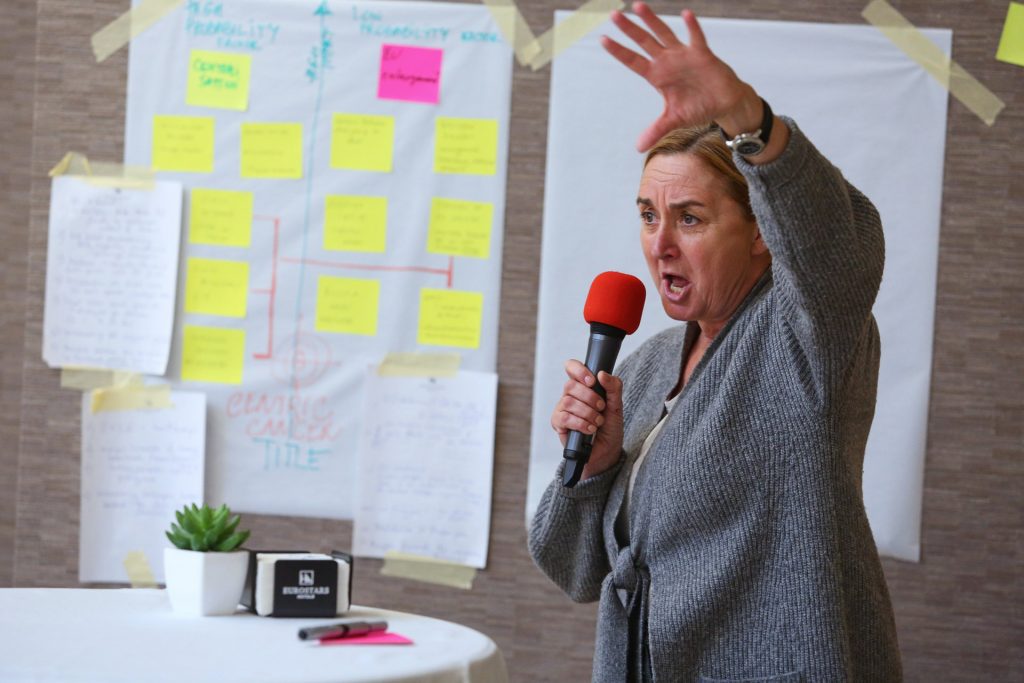
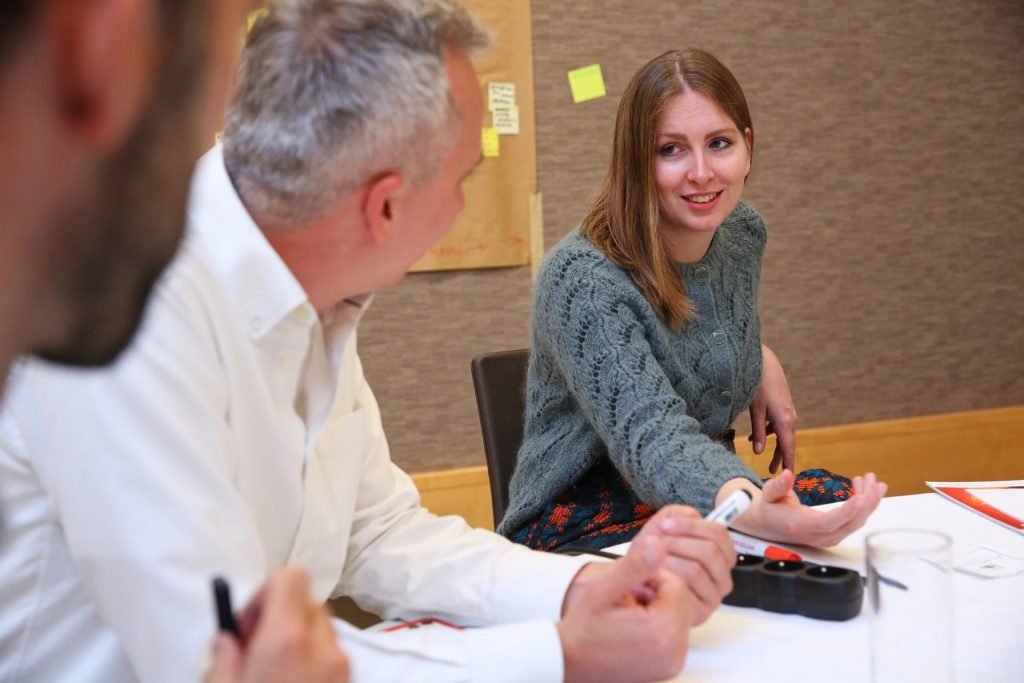
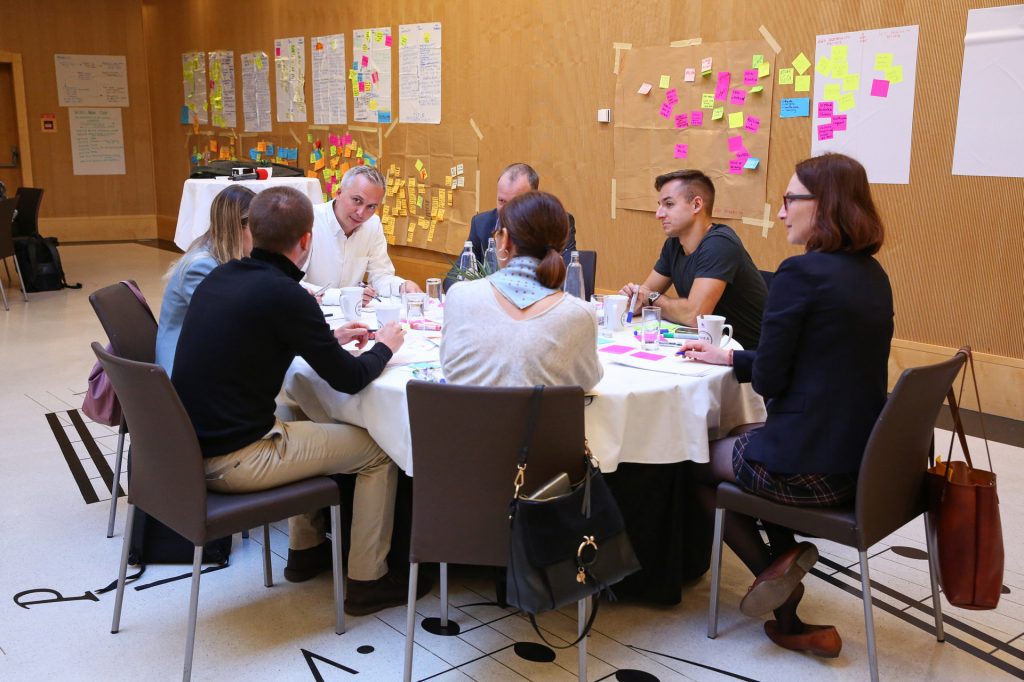
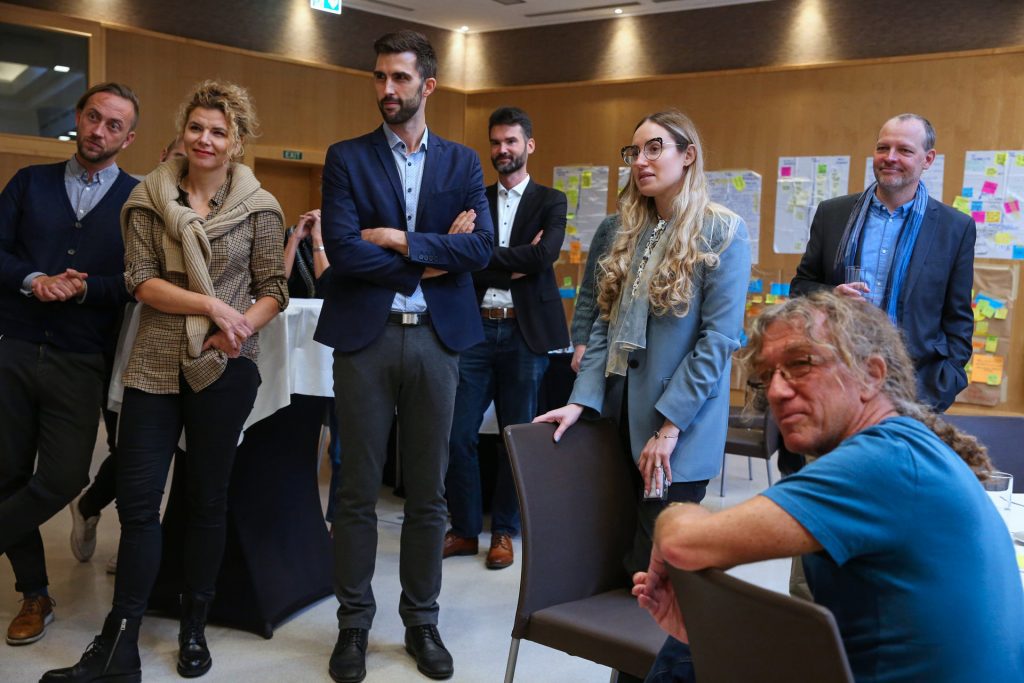
This workshop has gathered almost 28 participants from 11 EU Member states (List of Participants) (including: 13 from Italy, 4 from Poland, 3 from Slovakia, and 1 per each Lithuania, Austria, Czech Republic, France, Romania, Slovenia, Bulgaria, Sweden) and has been the first step in the process of developing, narrating, analysing and backcasting alternative futures for the Conference on the Future of Europe. The participants have discussed the drivers and triggers shaping the future of the region, evaluated them by probability, impact as well as importance from the CEE perspective. In three teams we debated the “most impactful and uncertain” outliers in the drivers and began narrating possible scenarios.
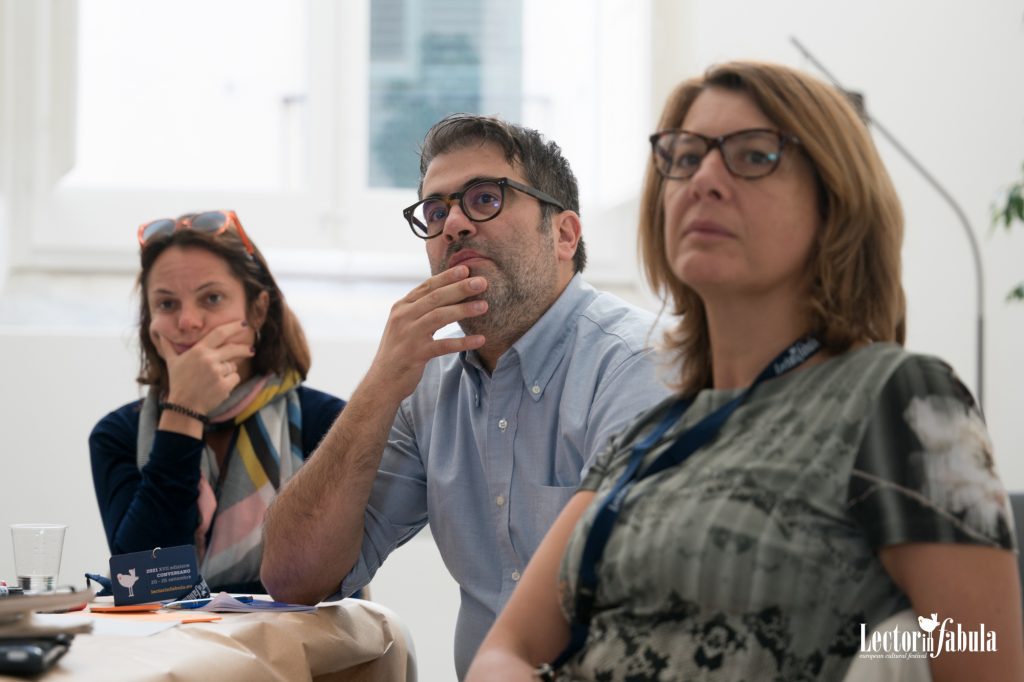
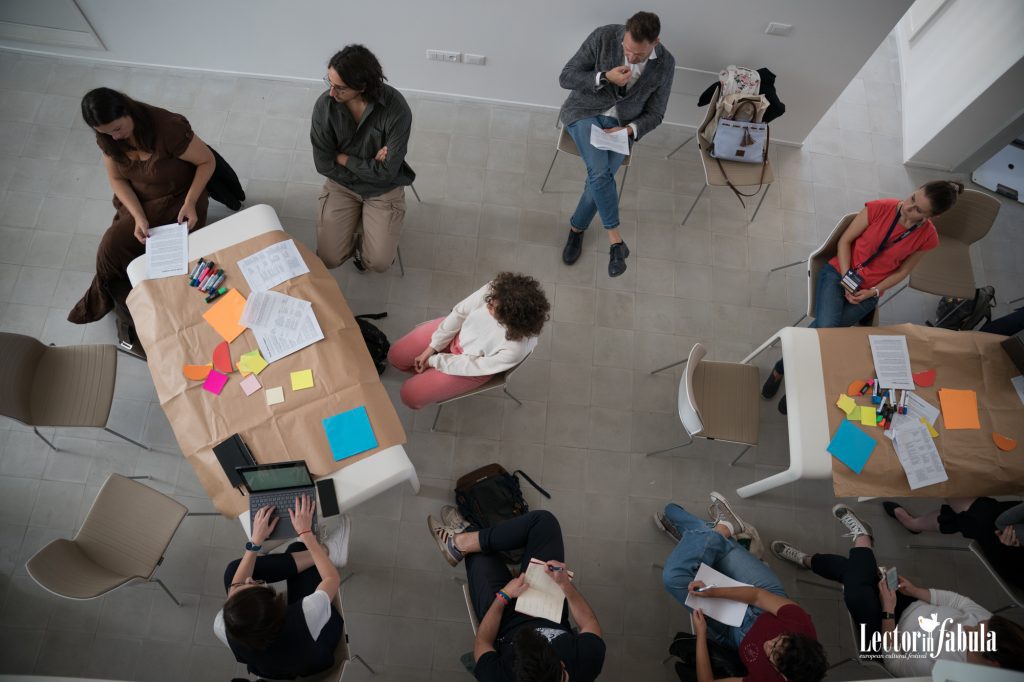
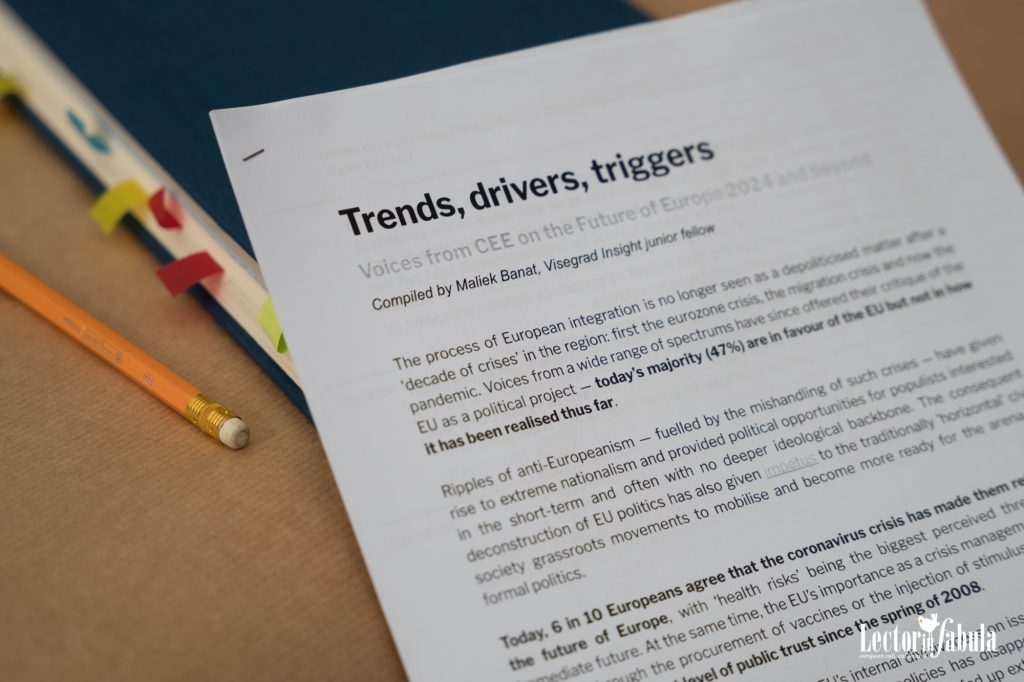
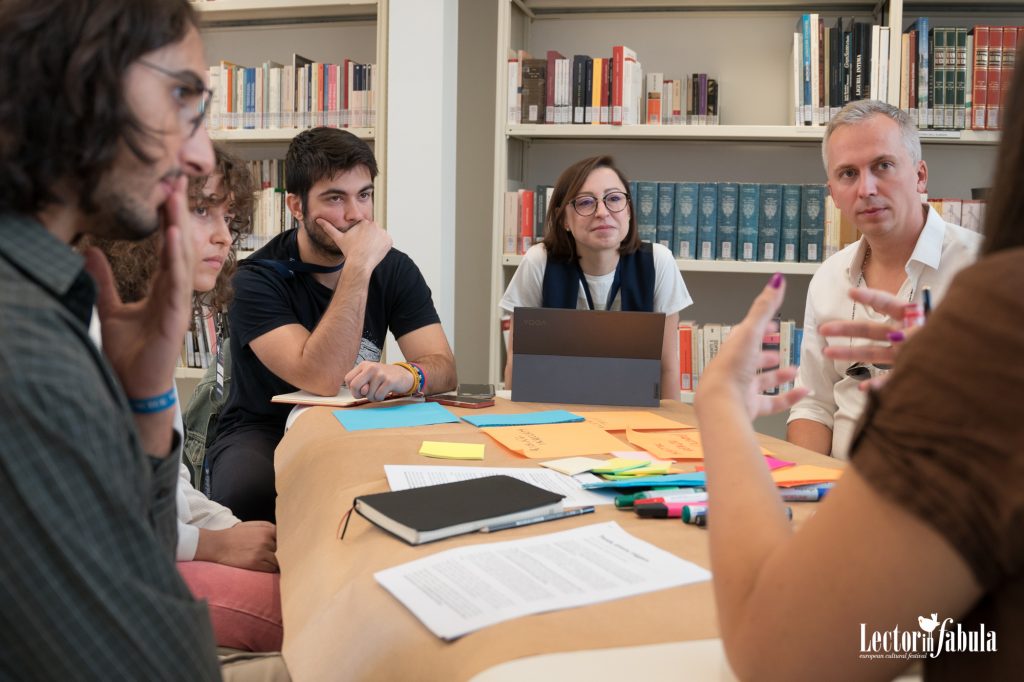
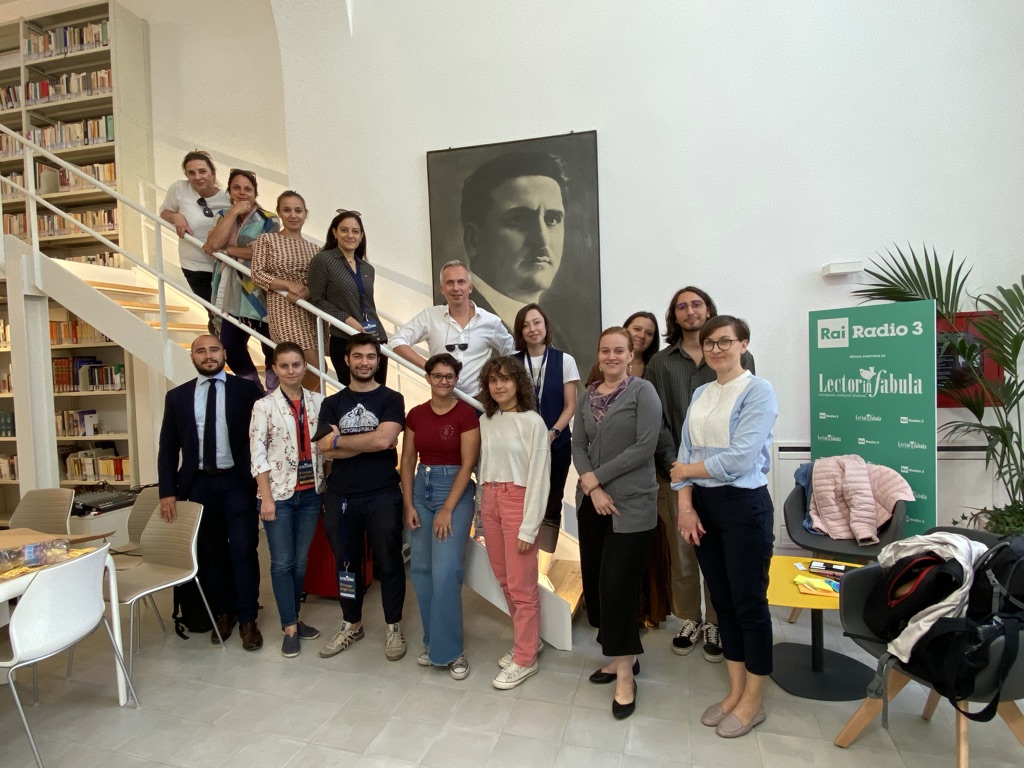
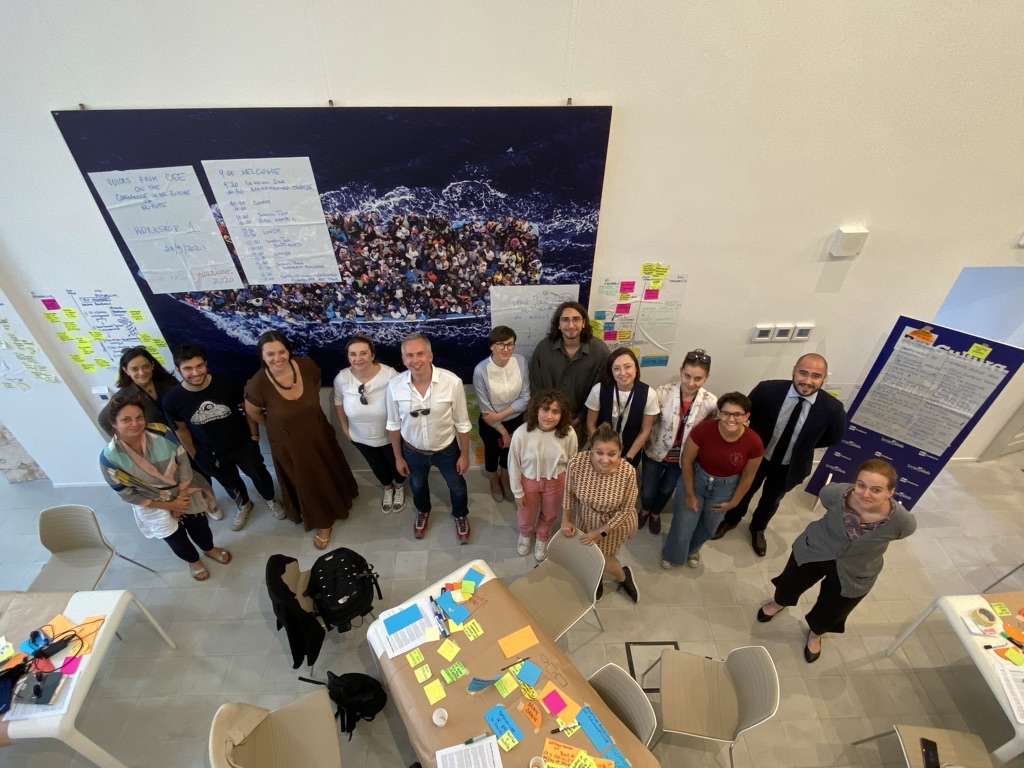
Initial partner meeting and preparatory activities (meterials preparations and online meeting with all project partners) was organised on 29 April 2021 and it has engaged 14 persons (1-3 representatives per partner; form France, Lithuania, Italy, Poland, Czech Republic, Slovakia and Austria) and our Team members. The discussion lasted for a few hours and apart from the project formalities, we focused on mapping out trends, planning broad consultations and identifying concrete participants of further project activities (lists, profiles); We discussed the project timeline, tools of communication between partners using MIRO whiteboard mind mapping tool, and project’s website and social media campaigns.
Back to Main Report Page
Executive Summary
Four Scenarios
EU Strategic Shifts
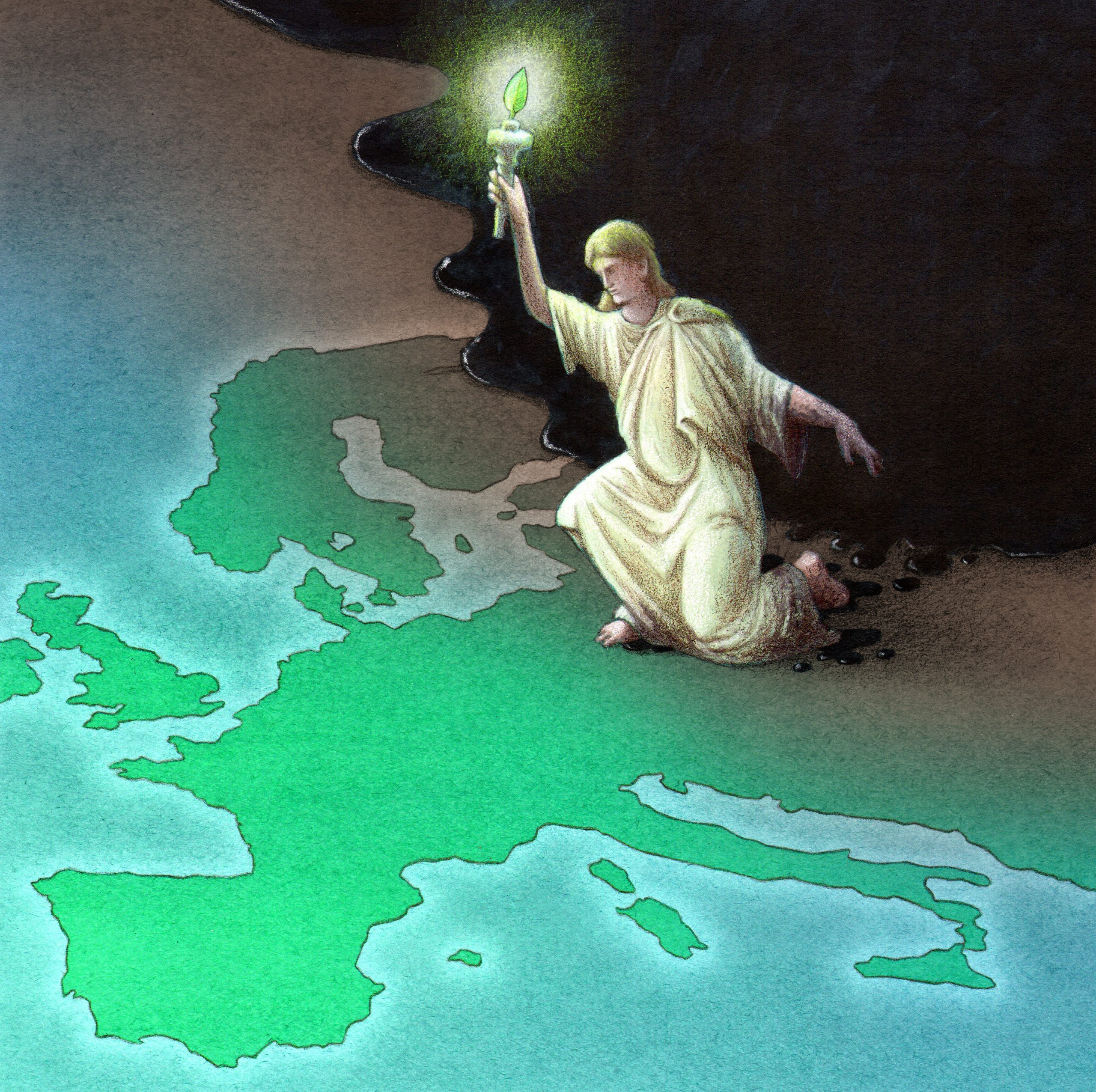
The following report projects four different scenarios which map out how European democratic security will be challenged by 2030 and how to prepare for it.
Download report